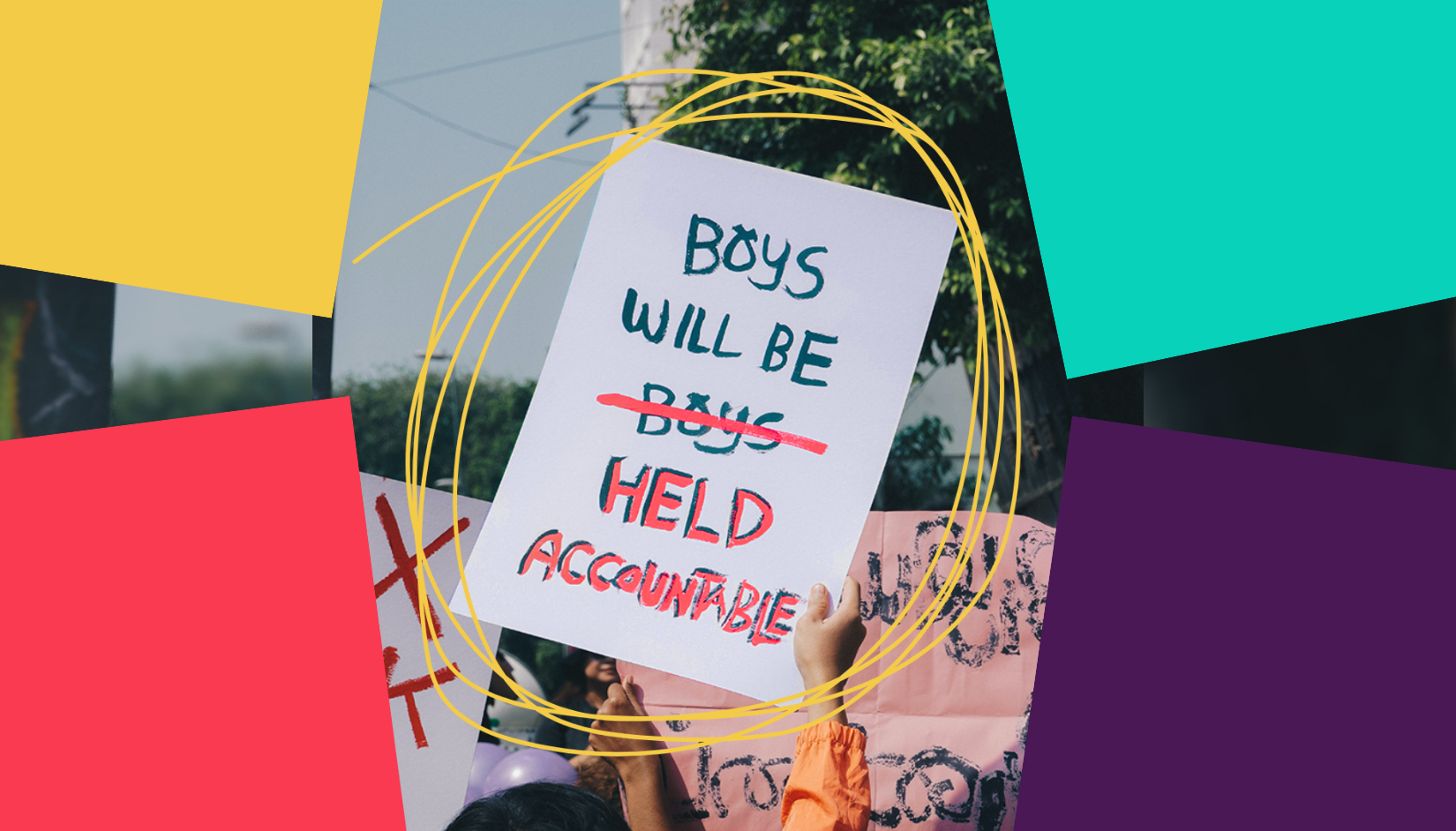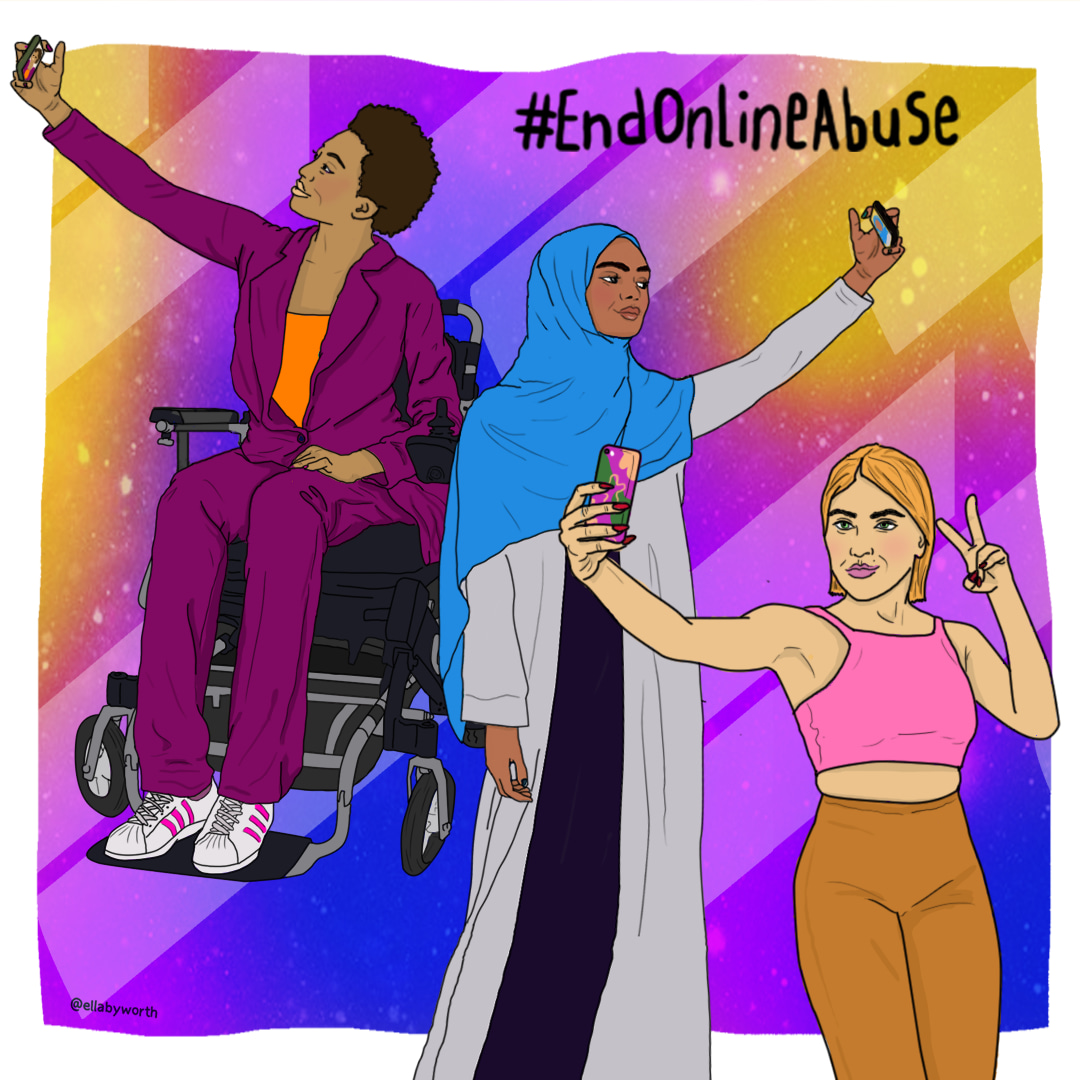 25 Nov
25 Nov
The Law Commission of England and Wales has today (7th July 2022) made a series of recommendations to government for reforms that would strengthen protections for victims of image-based sexual abuse.
These reforms follow a review of the laws around intimate image abuse commissioned by the government. The End Violence Against Women Coalition (EVAW) and other women’s rights campaigners have been calling for current legislation, which has failed to keep pace with developments in violence against women and girls that is facilitated by technology, to be strengthened.
Women’s rights campaigners have long been clear that the basis of any image-based sexual abuse offence must be one of consent, not of the perpetrator’s motivation. It is well established that evidencing a perpetrator’s motivation for offending creates a significant barrier to prosecution and conviction. The only relevant factor in cases of image-based sexual abuse should be whether or not the victim consented.
Today’s recommendations from the Law Commission are welcome as they shift the focus of this offence onto consent and remove the many loopholes that exist in laws such as voyeurism, where a specific type of motivation has to be evidenced.
While the Online Safety Bill introduces a new offence for cyberflashing, it is not based on consent, leaving victims, the police and prosecutors facing this same issue. Historically, the Law Commission supported this framing, but it is clear that their position has changed to a consent-based approach and the Bill should now reflect this.
Andrea Simon, Director of the End Violence Against Women Coalition (EVAW), said:
“This report supports what we’ve long known – that image-based sexual abuse causes serious distress and long term harm to millions of victims, and is one of many gaps in the Online Safety Bill when it comes to protecting women and girls. It is also further proof that the Bill needs to take a broad not piecemeal approach to tackling violence against women and girls (VAWG), if it hopes to meaningfully prevent it as well as ensure the law is future-proofed to deal with new forms of tech enabled abuse that may emerge.
We welcome the Law Commission’s shift to supporting a consent-based approach to image-based abuse offences. We now want to see the government ensure that the way cyberflashing is treated in the law is based around consent, rather than a perpetrator’s motivation to cause harm. However, we are clear that criminal offences alone are not enough to end and prevent violence against women and girls online.
The Bill must explicitly name this as a harm that it expects tech companies to address. We cannot let tech platforms who stand to profit from this abuse off the hook, which is why we are calling for the Bill to introduce a VAWG Code of Practice to hold tech companies accountable for addressing online abuse in a consistent and comprehensive way.”
JOIN THE CAMPAIGN FOR AN ONLINE SAFETY BILL THAT FREES WOMEN AND GIRLS FROM ONLINE ABUSE
ENDS
Media contacts
Sinead Geoghegan, the End Violence Against Women Coalition: media@evaw.org.uk 07960 744 502
Recommended ARTICLES
 25 Nov
25 Nov
 15 Nov
15 Nov
 12 Nov
12 Nov

